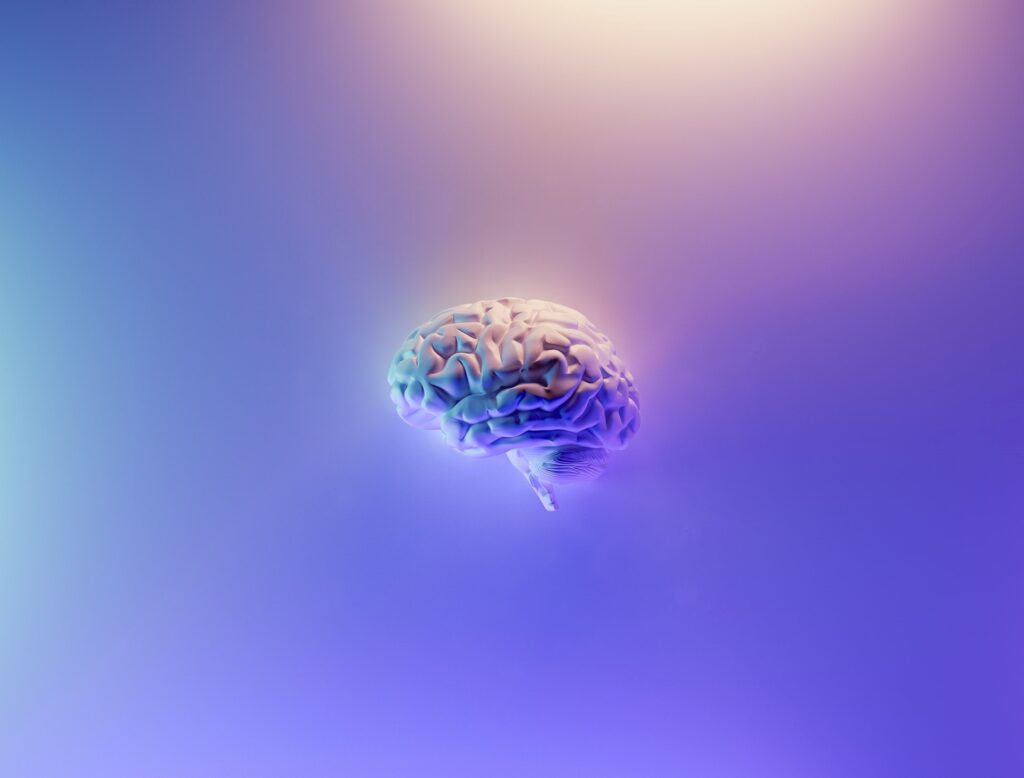Bruce Willis’s family recently revealed that he had been diagnosed with Frontotemporal Lobe Dementia (FTD). Many people were unfamiliar with this diagnosis and did not realize that dementia could start at such a young age. In fact, Frontotemporal Lobe Dementia accounts for 10-20% of all dementia cases and is less well-known than Alzheimer’s disease. Let’s talk about the difference between these types of diseases.
What is the difference between “dementia” and “Alzheimer’s disease”?
People often confuse the terms “Alzheimer’s disease” and “dementia.” They may think these terms are synonymous, but they are not. Dementia refers to a deterioration in mental functioning that is severe enough to affect your functioning in daily life. It’s a syndrome, not a disease, meaning it describes a change in cognition or behavior but doesn’t imply a specific cause or “etiology.”
Alzheimer’s disease, which is caused by a specific type of pathology on the brain, is one type of dementia and is the leading cause of dementia. The second leading cause of dementia is Vascular Dementia, caused by problems with the blood flow to the brain.
Frontal Lobe Dementia or Frontotemporal Lobe Dementia is another type of dementia and is caused by a different type of pathology in the brain. This tends to start earlier in life than Alzheimer’s disease and begins in a different region of the brain. Memory loss is not usually the first noticeable symptom like we usually see in Alzheimer’s disease. The pathology usually begins in the frontal lobes (the part of your brain behind your forehead) or the temporal lobes (the region behind your ears). There a several types of Frontal Lobe Dementias:
behavioral variant Frontotemporal Dementia (bvFTD)
- behavioral variant Frontal Lobe Dementia (bvFTD) is the more common form and tends to affect people in their 50s and 60s
- The brain region first affected is the frontal lobes, and the earliest symptoms include changes in behavior or personality.
Primary Progressive Aphasia (PPA)
- Second major form of Frontal Lobe Dementia
- The brain region first affected includes both the frontal lobes and a particular part of the temporal lobes controlling speech
- The first symptom is usually Aphasia, which refers to a change in language abilities, including speaking, comprehension, and writing
What do these types of dementia have in common?
Alzheimer’s disease and Frontal Lobe Dementias are both progressive, degenerative conditions, meaning they get worse over time and eventually affect a range of cognitive, behavioral, and motor abilities. Later in the course of the disease, it might be very hard to tell the difference between these causes of dementia. None of these diseases have a cure, but there are medications that can help manage symptoms and improve quality of life.
Help is available:
The Association for Frontotemporal Degeneration (AFTD) is a nonprofit organization that provides information, education, and support to those affected by frontotemporal dementia and their caregivers. Call 866.507.7222 or email info@theaftd.org to contact AFTD.
The Alzheimer’s Association office near you can help you learn more about Alzheimer’s and other dementias and help you find local support services. Call our 24/7 Helpline at 800.272.3900.
Dr. Ashley Gorman is a board-certified neuropsychologist specializing in adolescents and adults. She works closely with patients, their families, medical providers, and/or academic institutions in order to assist in making an accurate diagnosis and formulating an appropriate treatment plan.







